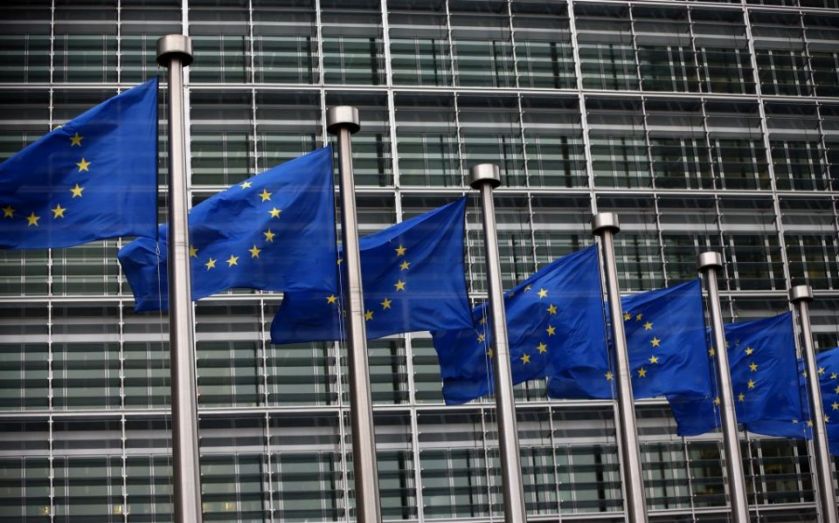The end of dreams: Why the EU is finally choosing reality over idealism

European Commission President Jean-Claude Juncker recently acknowledged that a two-speed – one might say two-tier – Europe is increasingly likely. This marks a significant break from the Barroso Commission, which sought to keep all member states on the same track towards “ever closer union.” Many, rightly, see this change of attitude as a response to Britain’s upcoming referendum on its EU membership. But it also signals the end of an era, and the beginning of a new one, for the European project.
From the signing of the Treaty of Rome in 1957, European integration has been a political project. It was pursued primarily through economic means, by opening up national markets to other European countries, and by gradually moving towards a Common Market and subsequently a Single Market from 1986. Yet at the heart of the various economic initiatives was a conscious effort to increase the political connections and cooperation between the nation states of Europe.
Even monetary union, viewed in the late 1990s as the culmination of four decades of economic integration, was a political project. It is true that sharing a common currency facilitates trade between countries, and the euro also helped to improve monetary policy outcomes in southern member states. But from the start, its principal aim was to firmly anchor integration by bringing EU countries into an “irreversible” currency union, stronger than any trade deal.
The last six years have shown that euro membership is by no means irreversible, and indeed that financial markets are not convinced that it is. But throughout the Eurozone crisis, as before, the politics drove the economics. No matter how often – and how badly – countries broke the Stability and Growth Pact criteria, expulsion from the single currency was never contemplated. Indeed, the no-bailout clause, deemed so important when the euro was created, was swiftly breached when Greece entered into difficulties. A little later, European Central Bank president Mario Draghi confirmed that the central bank would do “whatever it takes” to preserve the integrity of the Eurozone.
And yet we are now witnessing a reversal in the factors driving European integration. It is no longer about enlarging the Union and pushing for ever closer links among all the members, but rather about preserving the level of integration at the core – the Eurozone – and ensuring that no reversal can take place.
The integration of non-euro members and the admission of new countries have taken a back seat to the perceived needs of Eurozone countries. These needs – macroeconomic stability, fiscal prudence, risk-sharing, a single regulatory framework for banks, and, most recently, a common system of deposit insurance – whether you agree with them or not, are all economic. In other words, for the first time since the birth of the European project, the economics is driving the politics. Or again to put it differently, reality takes precedence over grands projets.
This is good news for a number of reasons. First, it recognises that political integration cannot take place at all costs with no regard to its economic implications and the democratic wishes of the people. Second, it gives certainty and flexibility to those countries – such as the UK – which do not want to integrate further but which wish to remain within the Union.
Third, it sets the stage for the Eurozone to become a federal state, meaning an end to “ever closer union” and the prospect of a certain, final point in European integration. Fourth, and related to the previous point, it means that, for the first time, the debate in Europe is going to be more about what constitutional and power-sharing mechanisms best promote recovery and continued prosperity, rather than which policies further political integration as an end in itself.
This in turn opens the door to a devolution of certain powers in the future, which could go some way towards reversing the damaging centralisation of many legislative and regulatory functions that misguided conceptions of the Single Market have ushered in.
A renewed focus on economic reality rather than idealism is more likely to bring political stability to the EU, both its Eurozone core and the non-euro periphery. Such certainty will enable us to talk less about vague notions of a united Europe, and to focus more on the practical matters of what works and what doesn’t. This is surely something to look forward to.